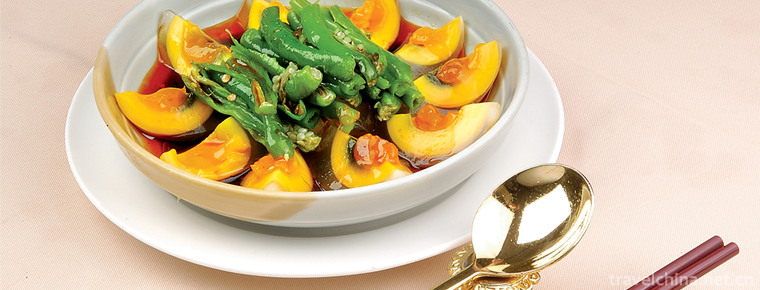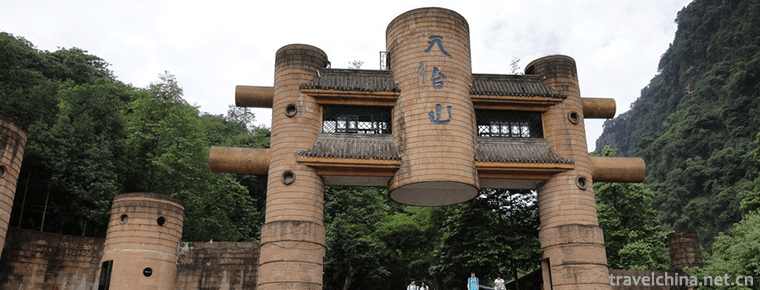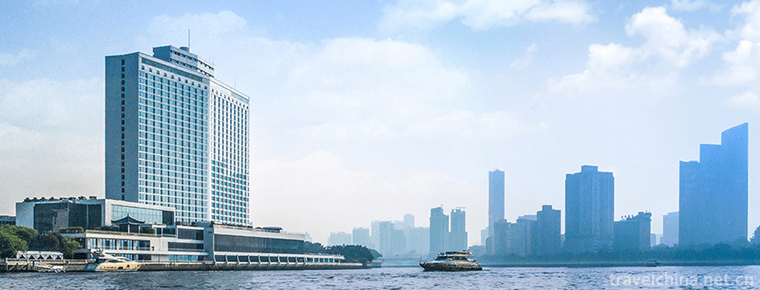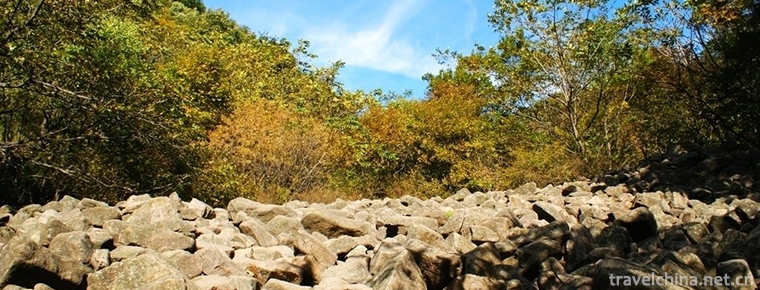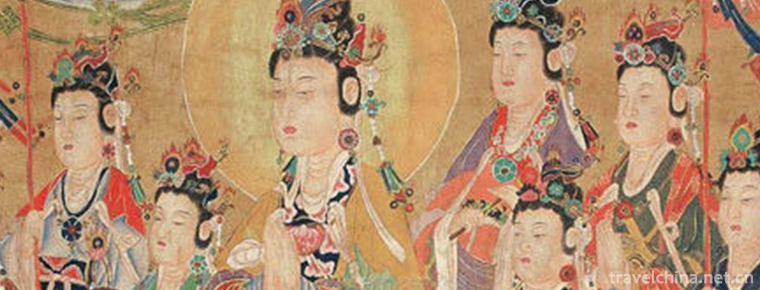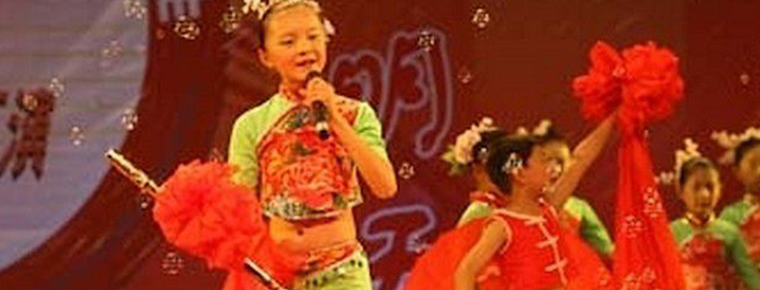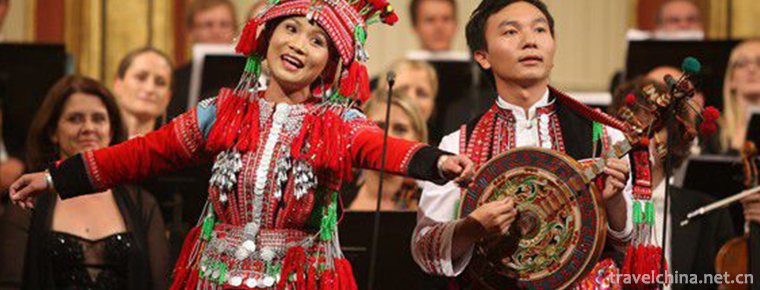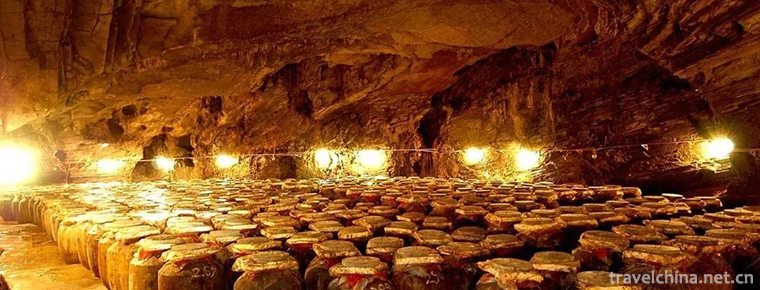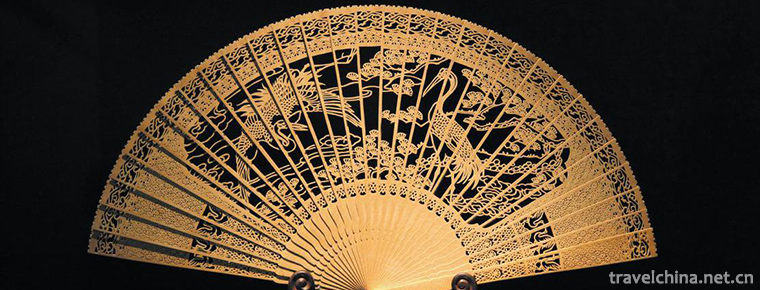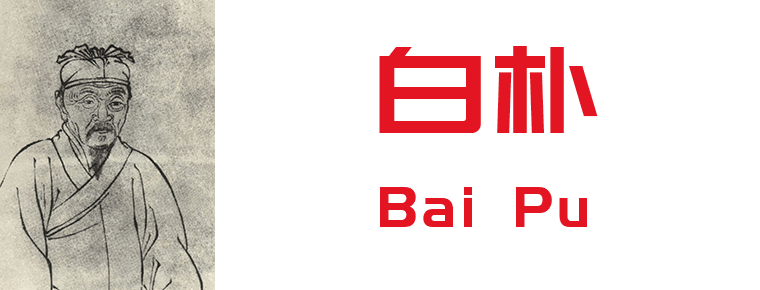Liangshan Wushu
Liangshan Wushu
Liangshan is the hometown of the heroic stories of the Marsh, the place where the heroes of the Marsh flocked together and opposed oppression and exploitation in past dynasties. At the same time, it is also known as the "national treasure" - one of the four birthplaces of Chinese Wushu. Therefore, it is not only well-known in China as Shaolin in Henan, Wudang in Hubei and Emei in Sichuan, but also as a classical historical masterpiece, Water Margin.
In 2006, Liangshan Wushu was approved by the State Council and listed in the fourth batch of national intangible cultural heritage list.
origin
Disciples of Liangshan
People who have lived in the fertile land of Liangshan for a long time advocate martial arts. Since ancient times, the folk practice of martial arts has prevailed. It has always been said that "drinking Liangshan's water will stretch out their arms and kick their legs". Throughout ancient and modern times, in the land of China, Shuipo Liangshan can be called the deserved home of Wushu. More proud is that it has made valuable contributions to the development of Chinese Wushu, trained and trained many outstanding Wushu talents for the motherland, added glory to the country, and captured the world's martial arts aspirants.
Historical origin
Chinese Wushu has a long history and Liangshan Wushu has a long history. Since historical records, Wushu has been a popular traditional sports event in Liangshan. There is a local folk saying that "Fist on the land of lying cattle" means that martial arts activities have greater flexibility in the requirements of the place, and a flat flat flat ground for lying cattle can meet the prerequisites; furthermore, the requirements from the equipment and equipment are not complicated, such as sticks and sticks in daily life, you can practise martial Arts and boxing. It not only has the function of strengthening the body, but also activates the cultural life of the people. Therefore, whenever the farming season is idle, there will be a mass upsurge of martial arts training. When it's warm, we gather in the courtyard. When it's cold, we look for spare houses, dig cellars, learn martial arts, study hard and practise hard. Almost all villages and villages can see them.
Liangshan Wushu
In the long feudal society, many people with lofty ideals used martial arts to carry out the struggle against oppression and exploitation. In the Sui Dynasty, guns became the main weapons of infantry and cavalry, and Ma Yao began to be used in the battlefield. The Turtle Dove Shop, 40 kilometers north of Liangshan Mountain, was the home of Cheng Bijin, a peasant hero in the late Sui Dynasty and a founder of the Tang Dynasty. Cheng Biojin made good use of axes and horses. He had gathered hundreds of people. On the security side, he surrendered to Li Mi in the 13th year of his career (617 A.D.) and joined the Wagang Army.
During the Song Dynasty, the populace advocated martial arts, which greatly promoted the rapid development of Liangshan Wushu. By the end of the Northern Song Dynasty, the story of 108 heroes in Liangshan who were fighting for righteousness with military force had been passed down as a good story. At that time, Wusong, Lin Chong, Li Kui, Lu Zhishen, Yanqing, Yang Zhi and other heroic heroes "gathered brothers in Liangshan, formed heroes in Shuipo" and took the advantages of various families, gradually formed the standard routines of Wusong, Lin Chong "gun", Li Kui "axe" Yang Zhidao, Yanqing Quan, Ziwumen Kungfu, thus enriching and sublimating Liangshan Wushu.
During the reign of Song Huizong Xuanhe (around 1120 A.D.), heroes from all walks of the world gathered at Boliangshan, and by virtue of water and danger, and by virtue of excellent martial arts, they killed the rich and helped the poor, and eradicated violence and good health, performing a lively and moving drama. Since then, the master gathered in Shuibaoliangshan, then known as Wulin, Megatron world. Old Fang of Jianfu Temple in Liugongshan Mountain in the north of Liangshan, with his support from Yuantong, has traveled all over the world invincible. After every big battle, Liangshan heroes went there to rest and practise martial arts. They learned their martial arts skills and created Liangshan martial arts. It is also called "Meridian Gate" Kung Fu because it is practiced at midnight and noon. After Song Jiang and other heroes were killed, Yuantong brought their descendants into Liugongshan to protect them, and the water pool heroes who were spared from disasters also went to Jianfu Temple to make a living. Gao Ni, Cai Jing and other treacherous parties are well aware that Yuan Tongtong is more than a hundred, but they dare not offend because of their strong martial arts. In order to prevent the meridian Kungfu from spreading to criminals, Yuantong selected two outstanding disciples to teach by example, and then identified a kungfu expert from them. He traveled to other places to discuss and discuss with famous Wulin experts of various schools, draw on their strengths and complement their weaknesses, verify the martial arts, and officially established himself as the leader after returning. Since then, this has become the so-called door rule. So far, the meridian Kungfu of Liangshan has been passed on to the twenty-first generation of leaders.
Liangshan Wushu
During the Ming Dynasty, Xizhu Zen Master, who was the chief monk in Faxing Temple of Xinghua Village in Liangshan, was a master of martial arts. He was outstanding in martial arts and noble in martial arts. He trained a large number of skilled monks and led his disciples 3000 to the coast of Eastern Zhejiang. He fought bravely with Qi Jiguang, a national hero, against Japanese aggressors. During the period of Emperor Chongzhen of Ming Dynasty (about 1636), Li Qingshan, a famous martial artist in Zhangji, Beishou, Liangshan, Shanxi, gathered hundreds of people and killed them. Rich and poor, Lianke Shouzhang, Yuncheng, Dongping, Zhangqiu and other counties, once became the leader of the peasant uprising and made a great impact.

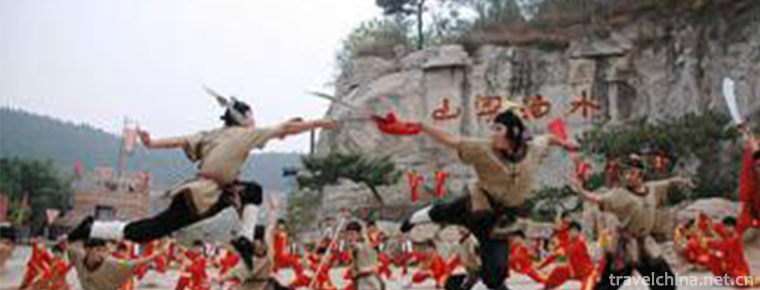
-
century eggspreserved egg100years egg
Preserved egg, also known as preserved egg, egg, egg, egg, etc.
Views: 213 Time 2018-10-12 -
Aba Tibetan and Qiang Autonomous Prefecture
abbreviated as Aba Prefecture, is a national autonomous prefecture in Sichuan Province.
Views: 301 Time 2018-10-13 -
Tiantai Mountain Scenic Area
Tiantai Mountain Scenic Spot, National AAAAA Class Tourist Spot, National Key Scenic Spot, One of China's Top Ten Famous Mountains, National Eco-tourism Demonstration Zone, Zhejiang Top Ten Tourist Sp.
Views: 260 Time 2018-12-07 -
White Swan Hotel Guangzhou
The White Swan Hotel is located in Baigetan, Shamian, Guangzhou. It was built by Mr. Huo Yingdong and the Guangdong Provincial Government. It opened in 1983 and is the first five-star hotel in China t.
Views: 205 Time 2018-12-16 -
Limutai Natural Scenic Area
Limutai Natural Scenic Spot is located at the northernmost end of Tianjin, known as "Tianjin Arctic". In the scenic area, the peak forest and canyon are strong and dangerous.
Views: 172 Time 2019-01-29 -
Surface painting
Water and land painting Festival is a traditional religious painting. Originated in the Three Kingdoms Period, Buddhist monasteries prevailing from the Jin Dynasty to the Yuan, Ming and Qing Dynasties.
Views: 303 Time 2019-06-15 -
Wuhe Folk Song
Wuhe folk song is a traditional form of folk song which is popular in Wuhe County and its surrounding areas in Anhui Province. There are three categories: labor chant, Yangge (Tiange) and minor. Among.
Views: 172 Time 2019-06-29 -
The seafood tune of the Yi nationality
The seafood tune of the Yi nationality Shiping Yi seafood tune, also known as "Shiping tune" and "Quzi", is commonly known as "inverted paddle". It is named after a herba.
Views: 316 Time 2019-07-12 -
Traditional Brewing Techniques of Distilled Liquor
Distilled liquor brewing is to first make grains, potatoes and other starch-rich or sugar-rich raw materials into grains (no filtered wine) or fermentation into grains (turbid wine), and then distille.
Views: 180 Time 2019-07-25 -
Fan making Techniques
Suzhou Fan is a special product of Suzhou. It is famous for its elegance, delicacy and artistic characteristics. Including folding fan, sandalwood fan and silk Palace fan, collectively known as ".
Views: 150 Time 2019-07-25 -
Bai Pu
Bai Po (1226 - about 1306), formerly known as "Heng", Ren Fu, later renamed Pu, the word is too plain, Lanlan Valley, Han nationality, ancestral home state (now Shanxi) Hequ ) Nanjing's Kaif.
Views: 168 Time 2019-09-11 -
Mianzhu Hanwang earthquake site
Mianzhu Hanwang earthquake site (Park) is composed of three areas: Dongqi factory area, Dongqi dormitory area and Hanwang town area. It mainly focuses on four themes: digital display platform.
Views: 211 Time 2020-11-05
